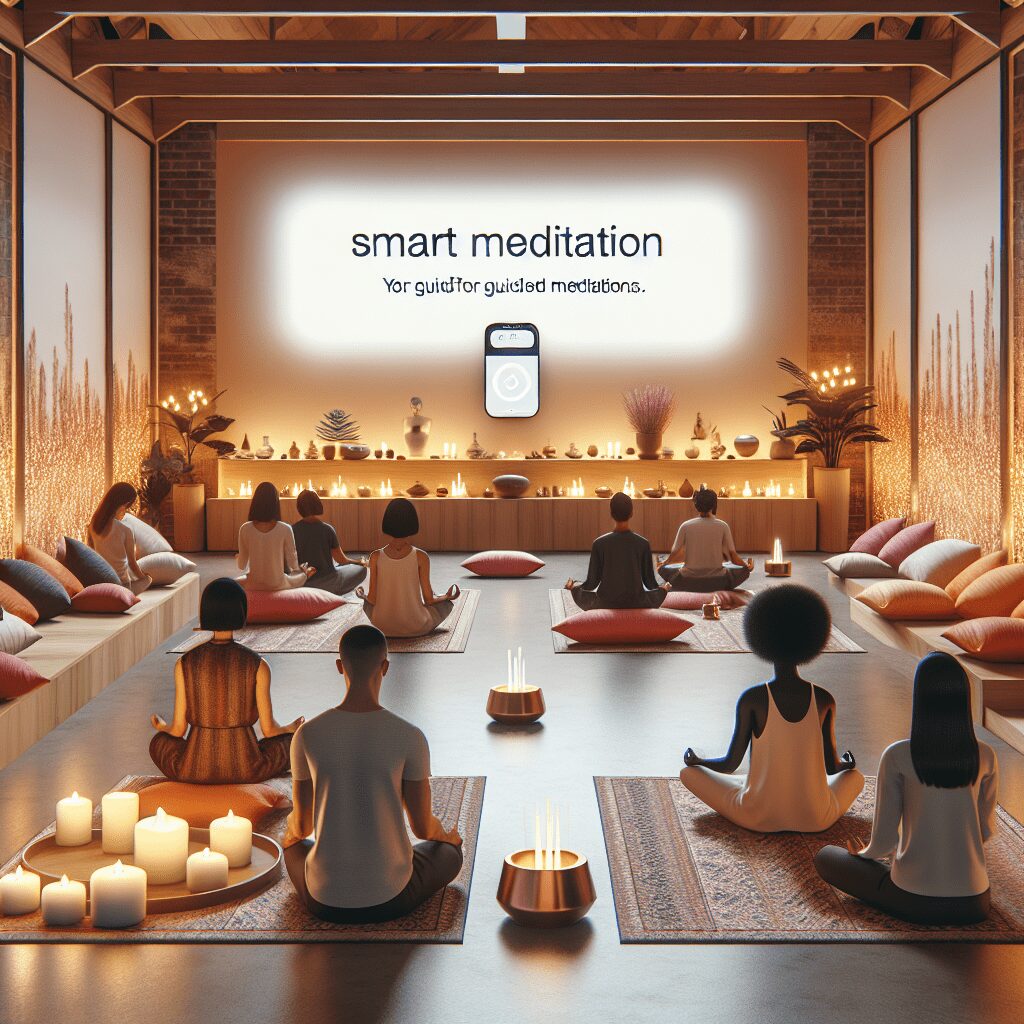
Prioritize your mental well-being daily. Enhance your life by nurturing your mental health with the Smart Meditation app. Break free from stress, alleviate anxiety, and enhance your sleep quality starting today.
Can Anti Inflammatories Cause Anxiety?
Unraveling the Connection: Can Anti-Inflammatories Spark Anxiety?
In the labyrinth of medical therapies and drug interactions, it’s common to stumble upon unexpected side effects. The realm of anti-inflammatories is no exception. These medications, designed to soothe pain and reduce inflammation, are staples in many medicine cabinets. However, whispers and concerns have surfaced over their potential to trigger or exacerbate anxiety. Let’s dive deep into the facts and shed light on this intriguing puzzle.
The Intricate Web of Anti-Inflammatories and Anxiety
At first glance, the correlation between anti-inflammatory drugs and anxiety might seem like a stretch. After all, these medications are chiefly concerned with quelling the fires of inflammation in our bodies, not tinkering with our mental state. Yet, the body and mind are intricately linked, and what affects one can ripple through to the other.
-
Understanding Anti-Inflammatories: Broadly speaking, anti-inflammatories come in two flavors: non-steroidal anti-inflammatory drugs (NSAIDs), such as ibuprofen and naproxen, and corticosteroids, like prednisone. Each type works differently in the body to reduce inflammation and alleviate pain.
-
The Anxiety Connection: Research into the link between anti-inflammatories and anxiety is still in its infancy. However, some studies suggest a potential link, particularly with long-term or high-dose use of corticosteroids. These medications can alter hormone levels and potentially disrupt the delicate balance of neurotransmitters in the brain, pathways that are closely related to anxiety.
Delving into the Evidence
It’s a complex dance of biology and chemistry. Corticosteroids, for instance, can impact the hypothalamic-pituitary-adrenal (HPA) axis, a critical regulator of our stress response. When this axis gets out of whack, it’s not just a hop, skip, and a jump to feeling anxious; it’s a direct plunge into the deep end. Moreover, the suppression of our immune system by these drugs can play a role in altering our mood and emotions.
On the flip side, NSAIDs haven’t been directly linked to causing anxiety. However, their use isn’t without consequences. Overuse can lead to gastrointestinal issues, which can exacerbate stress and discomfort, possibly leading to increased anxiety. It’s a bit like adding fuel to an already simmering fire.
Navigating the Path Forward
So, what’s a person to do? First off, it’s crucial not to chuck your anti-inflammatories out the window at the first whisper of this news. Like all good things in life, moderation and consultation are key.
-
Stay Informed and Consult: Don’t go through the prescription pad like it’s going out of style. If you’re on corticosteroids or any anti-inflammatory and notice a shift in your mood or anxiety levels, bring it up with your healthcare provider. It’s not about playing it by ear; it’s about playing it safe.
-
Lifestyle Adjustments: Consider other avenues to manage inflammation and pain, such as dietary changes, physical activity, and stress-reduction techniques. Sometimes, a brisk walk or a session of yoga can do wonders, acting like a natural balm for both body and mind.
-
Monitoring and Adjustment: For those who need anti-inflammatories, regular monitoring by a healthcare provider can help adjust dosages or switch medications if anxiety becomes a concern. Remember, it’s about striking the right balance.
Wrapping It Up
While the conversation around anti-inflammatories and anxiety is still burgeoning, what’s clear is the intricate link between our physical wellbeing and our mental health. By staying vigilant, consulting healthcare professionals, and adopting a holistic approach to our health, we can navigate these waters with aplomb. After all, knowledge is the best prescription, and in this case, it just might be the best anxiety reliever as well.





